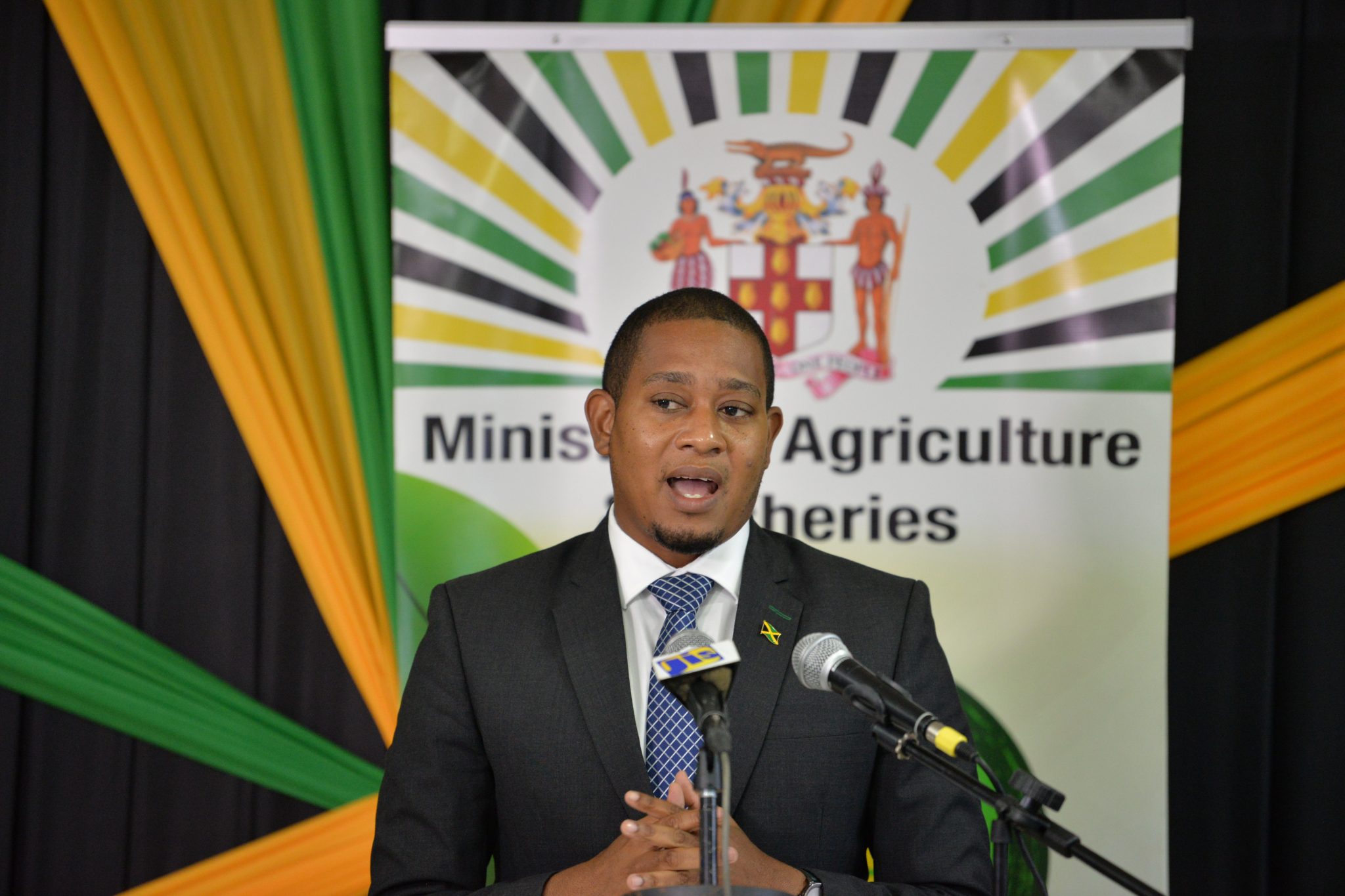Reshaping Food Systems Requires Multi-Stakeholder Approach
By: , September 8, 2021The Full Story
Minister of Agriculture and Fisheries, Hon. Floyd Green, says that transforming the island’s food systems will require robust multi-stakeholder effort, with both the public and private sectors, as well as international partners, working hand in hand to ensure that “we get it done”. .
“We have to work together to see how we can make our food systems more resilient,” he said, noting that among the critical areas for consideration are “how can we truly engage and transform our food systems to withstand the ravages of climate change and how can we leverage tighter production and social protection policies that will mitigate the risks that are posed to these rural farming communities.”
The Agriculture Minister was addressing a virtual consultation workshop on ‘Catalysing the Sustainable and Inclusive Transformation of Food Systems in Jamaica’.
The event was organised by the Food and Agriculture Organization (FAO) of the United Nations, the European Union (EU), the French Agricultural Research Centre for International Development (CIRAD) in partnership with the Planning Institute of Jamaica (PIOJ) and the Government.
More than 90 participants representing the Government, international groups, the private sector, academia, and non-governmental organisations participated in the session, which examined Jamaica’s food systems, including issues inhibiting sustainability and growth, as well as highlighting solutions.
The FAO describes food systems as the range of interactions along the food value chain associated with the production of crops, fisheries, livestock or other agricultural commodities, and involves growing, harvesting, processing, transportation, distribution, consumption, and disposal.
It also includes the broader economic, societal, and natural environments in which they operate.
A sustainable food system (SFS) is one that delivers food security and nutrition for all in such a way that the economic, social, and environmental bases to generate food security and nutrition for future generations are not compromised.
Sustainable food systems are part of the United Nations Sustainable Development Goals (SDGs), which call for major transformations in agriculture and food systems to end hunger, achieve food security and improve nutrition by 2030.
Minister Green said that deliberations at the workshop will advance measures to achieve lasting transformation of the agriculture sector and strengthen food security.
“This workshop stands out as one of the most critical because of the fundamental nature of it for our very survival. We have gathered to look at how we can catalyse the sustainable and inclusive transformation of Jamaica’s food systems and for me this is a unique opportunity to advance the processes that are critical for lasting transformation,” Minister Green said.
“Time is not our friend, and as such, we have to quickly transition from talk to action. Our vision is to craft a new face of food that focuses on food security, agricultural business development and our agro-processing and incorporation of climate-smart technologies that make us more resilient, and focuses on export expansion,” he added.




